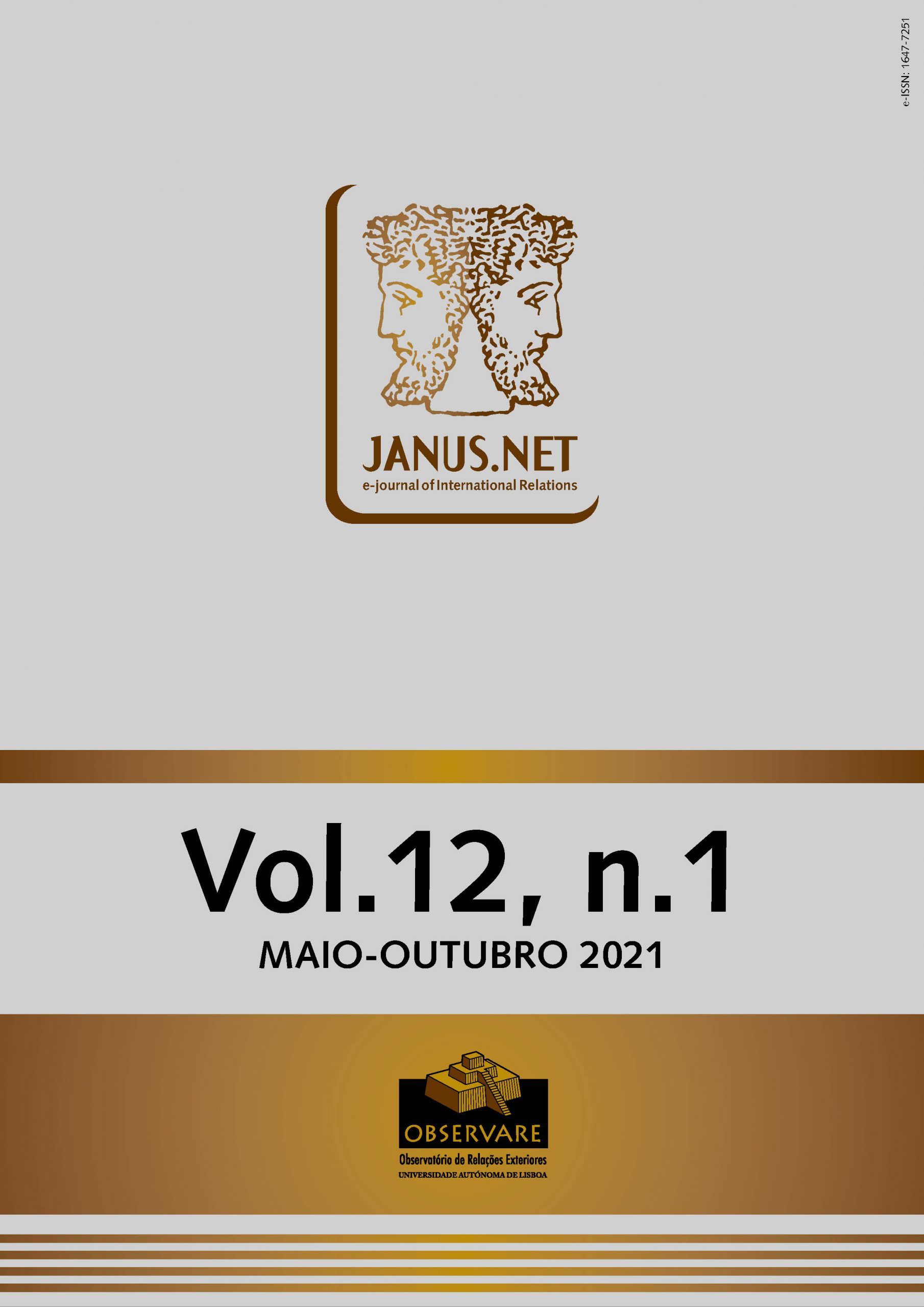Carl Schmitt (1888-1885) is one of the great absentees from the university in Portugal. We can even say that Portugal is one of the most arid landscapes existing in European lands regarding Schmittian studies (although a reference is due, among others, to Professor Alexandre Franco de Sá, the main disseminator and translator of his work in our country). Author of a multifaceted oeuvre, he influenced several disciplines – constitutional and international law, political science, history of ideas, political philosophy, and political theology – as well as international relations and its history, geopolitics and polemology. Breaking paradigms, he left us a “heterodox” work (Odisseos and Petito, 2007: 11), where his intuition about the concept of the political stands out naturally; but he was also a man who lived in a dangerous moment, in an almost permanent state of exception, who suffered temptations and disillusions, who was judged by the authorities and, more severely, by the people. Especially by his peers. Momentary adhesion to the Third Reich was at the basis of his demonization and exclusion from the university (Balakrishnan, 2006: 27), he who was a Catholic conservative and one of the central figures of the “Conservative Revolution” movement (Mohler, 1993: 661) and even, during the Weimar Republic, tried to prevent Hitler from coming to power. In this article we will focus on Carl Schmitt’s contribution to international relations. But why talk about him now? Because we cannot fail to highlight – whether we agree with him or not – his concept of the political; because we believe that some of his theorizations – the case of the partisan or the great space – are important for the understanding of the moment we live in, namely regarding the changing international system, helping us to understand the emergence of the new civilization states and the concept of illiberal democracy; finally, because works such as “The Nomos of the Earth” should be part of the canon of mandatory readings of the discipline of International Relations. His trajectory is well known, especially in its more controversial aspects. By way of introduction, we will make a quick tour through his life, framing his personal evolution in the great trends of the century. Then, we will try to analyze some central aspects of his work, which constitute relevant contributions to the study of international relations. We will analyze the timeliness of his thought, seeking to prove – this is our ambition – that he is a “modern” and important author for understanding current events, and that he should be an obligatory reference in the discipline of international relations.
CARL SCHMITT AND INTERNATIONAL RELATIONS – ACTUALITY AND THEORETICAL POSITION
Master in Strategy and Graduate in International Relations. National Defense Course and Course of Advanced Studies in Geopolitics. He was Director of Bilateral Relations Services at the Ministry of National Defense. He was a consultant for the companies Gaporsul and Kyron Consultants. He was part of the Board of Directors of Instituto Lusíada de Cultura. He is currently a senior advisor at the Directorate of National Defense Policy and is a doctoral candidate in International Relations: Geopolitics and Geoeconomics at UAL (Portugal). He is a researcher at Observare. He belongs to the governing bodies of the Luso African Foundation for Culture.
Resumo
Palavras-chave
Como citar este artigo
Calheiros, Bernardo (2021). Carl Schmitt e as Relações Internacionais – Atualidade e posicionamento teórico. Janus.net, e-journal of international relations. Vol12, Nº. 1, MaioOutubro 2021. Consultado [online] em data da última consulta, https://doi.org/10.26619/1647-7251.12.1.10
Article received on 3 August, 2020 and accepted for publication on 19 February, 2021















